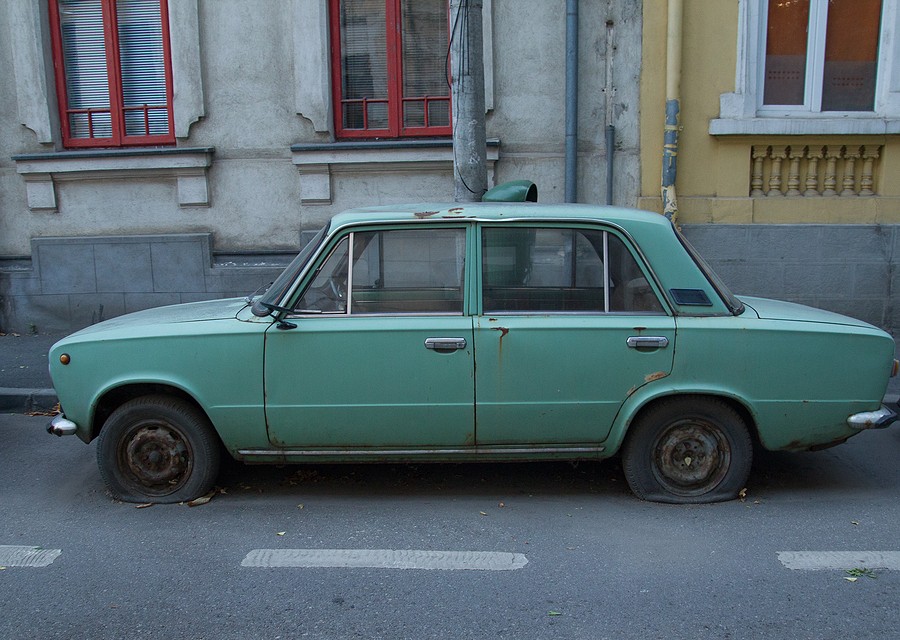If you're wondering when a car is considered old, the short answer is after reaching a certain mileage threshold. Typically, if your vehicle exceeds 100,000 and 150,000 miles, it might be considered old. However, there are some additional factors to consider.
When we own our vehicles for a long time, sometimes we might get emotionally connected to them, and we might not know when it's the best time to say goodbye to this car. However, you might want to take the hard step and let go of your vehicle, especially if it has some signs indicating that it should be sold.
That's why understanding when a car is considered old is the first step to helping you determine whether it's worth keeping this vehicle for a longer time. In this article, we'll be able to give you some details about what science to look for to determine whether your vehicle is very old or not.
When is a car considered old? Signs to look for
Determining when your vehicle is considered old can be subjective and depends on many factors. According to automotive experts, the way carabiners determine whether your vehicle is very old or not, which has to do with the vehicle value, is by looking for the following signs:
1. High mileage
The first and easiest sign that most experts look for to determine whether your vehicle is getting older or not is the vehicle mileage. Most experts indicate that after your auto meter says 100,000 miles, your vehicle is considered old, and that's where you might start dealing with some issues with the car.
Experts have done a lot of research to determine what and when your vehicle will start breaking down. Typically, you will start the major vehicle problems after 100,000 miles, which is why when buyers look to buy a used vehicle, they feel hesitant about owning a vehicle that exceeds 100,000 miles.
You will find a buyer if your car is at 150,000 miles comma. However, you have to understand that the vehicle value will be impacted significantly, and asking for a high offer might make it challenging for you to find the right buyer.
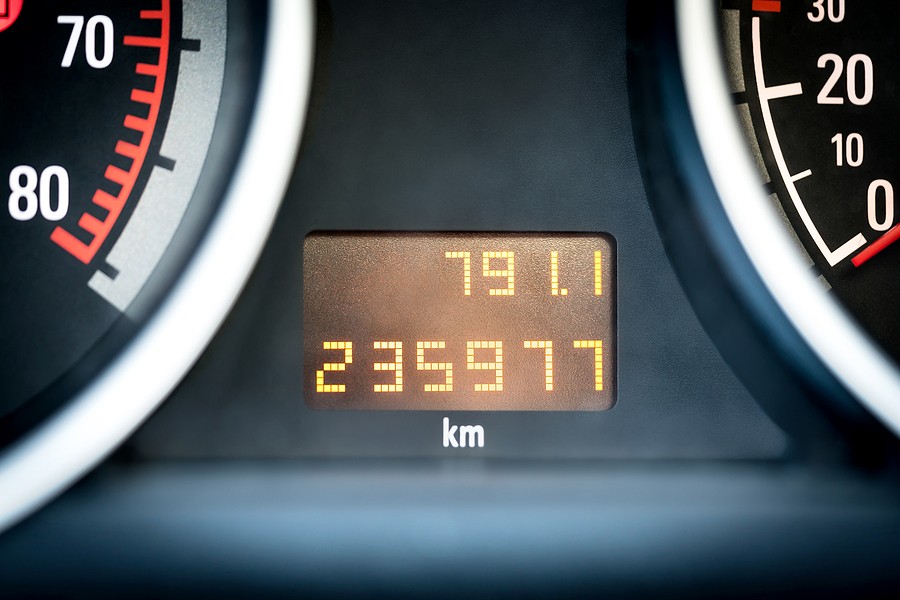
2. Old age
Another common sign is vehicle age. In other words, if your vehicle approaches about ten years old, that's when most experts indicate that this vehicle is sold. This threshold might be very subjective and depend on how often you've been driving your car. That's why experts look at the age of your vehicle alongside the mileage.
Experts can immediately determine whether your vehicle is old by monitoring the mileage and comparing it to the vehicle. Keep in mind that leaving your vehicle sitting doesn't necessarily mean it should be more expensive because sometimes major problems happen when the vehicle is used less.
Not having a high mileage wire vehicle is very old might be a negative sign. In other words, if buyers and experts notice that there is not much mileage on your car even though it's 15 years old, it could indicate that the vehicle is consuming a lot of fuel or it's been sitting for a long time, or there is something that prevented you from driving it.

3. Rust or corrosion
Another potential sign you could use to help answer the question of when a car is considered old is rust or corrosion. As vehicles get very old, you'll see these spots of rust and corrosion throughout the vehicle body.
Rust acrosin is not good because it not only impacts the external components but can also get into the deep components that might affect the vehicle frame. So in some scenarios, you might not be allowed to drive this vehicle because if the frame is corrupted with rust, the vehicle might not be safe.
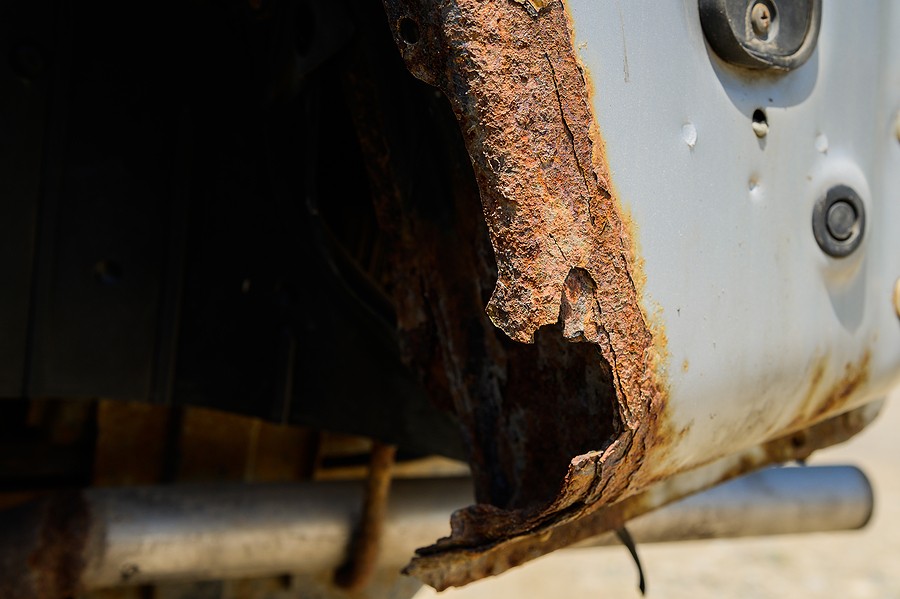
4. Frequent breakdowns
Another potential sign to look for is the frequency of breaking downs. In other words, if you notice that you're visiting the mechanic shop more often than before and your vehicle is spending more time at the mechanic shop than at your garage, this is a clear sign that your vehicle is all.
People often don't notice the amount of time they spend and the mechanic shops and think this is normal. That's why it's important to understand how much is considered too much maintenance. Therefore, you should study and read some articles related to your specific vehicle typing condition to determine the normal frequency of car maintenance.
You can also do the math and determine how much your vehicle costs you over the year. Sometimes focusing on the short term might be misleading, and that's why doing a full year's of math about the total maintenance and everything your vehicle costs you is helpful because you can then determine whether it's the right time for you now to get rid of your car or not.

5. Expensive maintenance
Also, as your vehicle ages, you will start dealing with major problems requiring expensive repairs. For example, after the vehicle exceeds 100,000 miles, that's where you'll start dealing with major problems related to the engine or transmission.
That's why if you feel that these expensive repairs and expensive problems are starting to occur, it could be a perfect time for you to get rid of this car and buy a better one that doesn't have such problems, so you don't waste your time and effort trying to get the vehicle to work.
Sometimes, major problems could happen early during the early stages of your vehicle's lifetime. In that case, the sign may be tricky to help you figure out whether your vehicle is old or not.
For example, in some new vehicles, people complain about sudden self-destruction in the engine. Although it was surprising to hear this news, it turned out that the manufacturer had a problem and issued a recall for all vehicles. This is a very common situation that you might come across. Before saying that your vehicle is very old just because it has some major problems, you should research and figure out your vehicle's condition.
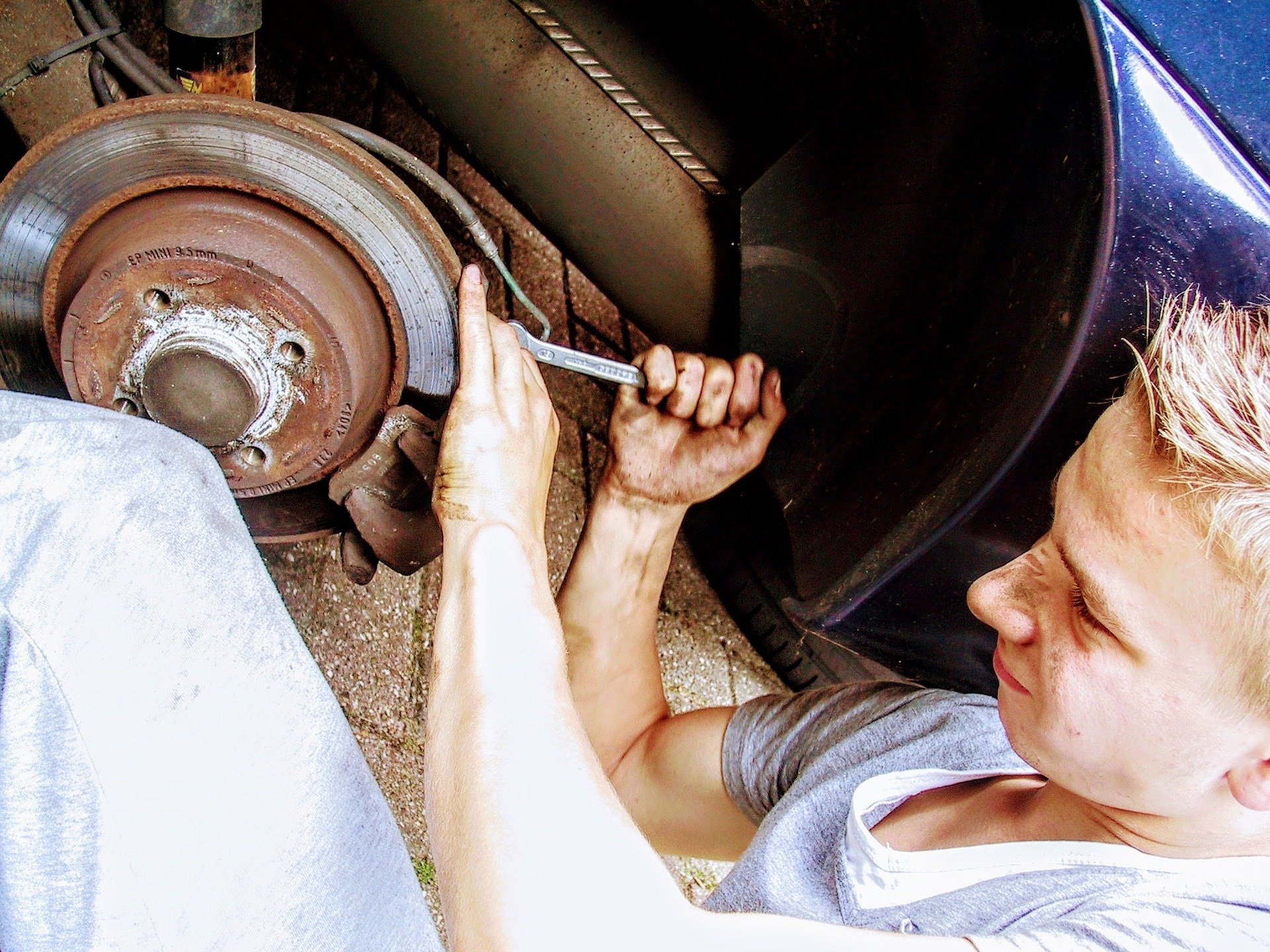
How to make the most of your car's lifespan?
While some people confirm that their vehicles are getting old, sometimes they will not be able to purchase a new one because they can't afford it, considering the skyrocketing car prices nowadays. In that case, another important question you need to ask yourself is how to make the most of your car's lifespan.
This way, you can determine what actions are needed to help you enjoy your vehicle for the maximum possible without investing in a new car.
Luckily, automotive experts put together a list of recommendations to help you extend the lifespan of your car without dealing with major complications and problems that are not expected to happen.
Let's take a closer look below:
1. Regular maintenance
Regular maintenance is one of the most critical things that help you extend your car's lifetime. Unfortunately, many inexperienced drivers might need to be more aware of the value and the importance of following the recommendations in your vehicle's owner's manual, and they have to deal with major complications in the vehicle before they are even expected to happen.
For example, your owner's manual should recommend how often you change the oil, rotate the tires, check on the spark plugs, etcetera. The more you follow this manual, the less likely you'll deal with major problems, and the more your vehicle will serve you without any issues.
2. Driving habits
Did you know that you were driving habits can impact your vehicle's lifespan significantly?! Unfortunately, many drivers think that by hammering the brakes or hitting hard on the gas pedal, nothing will happen to the vehicle, and the driving experience will be as exciting as possible. Unfortunately, however, that's not the case.
Automotive experts always recommend being as gentle as possible on your vehicle to avoid major complications. But unfortunately, many people had to do with significant problems with Twitter braking systems and the entire vehicle just because they did not use the vehicle properly.
Your driving habits will have an even more significant impact if you drive a vehicle with a manual transmission. However, if you need help understanding how this manual transmission works and how to engage it properly, you can easily deal with severe measured damages that could cost you a lot of money.
3. Environment effect
While the external environment might impact your vehicle significantly and be out of your hands, you can still implement some practices that could help you extend the lifetime and reduce the severity of the climate impacts on your vehicle.
For example, if you're living in an area with a lot of sun and UV rays that could damage your car, you should invest in a car cover or keep your vehicle parked inside to avoid exposure to the sun for a long time.
4. Cleaning your car
Do you know that cleaning your vehicle is a critical step when taking care of your car and keeping it less as long as possible? Yes! Many debris and contaminants can sit on the vehicle exterior and might even get to sensitive components that could cost you the entire vehicle.
You must follow the good recommendations about cleaning your vehicle and what products to use because you want to avoid harming the vehicle by using the wrong chemicals that could damage the car paint.
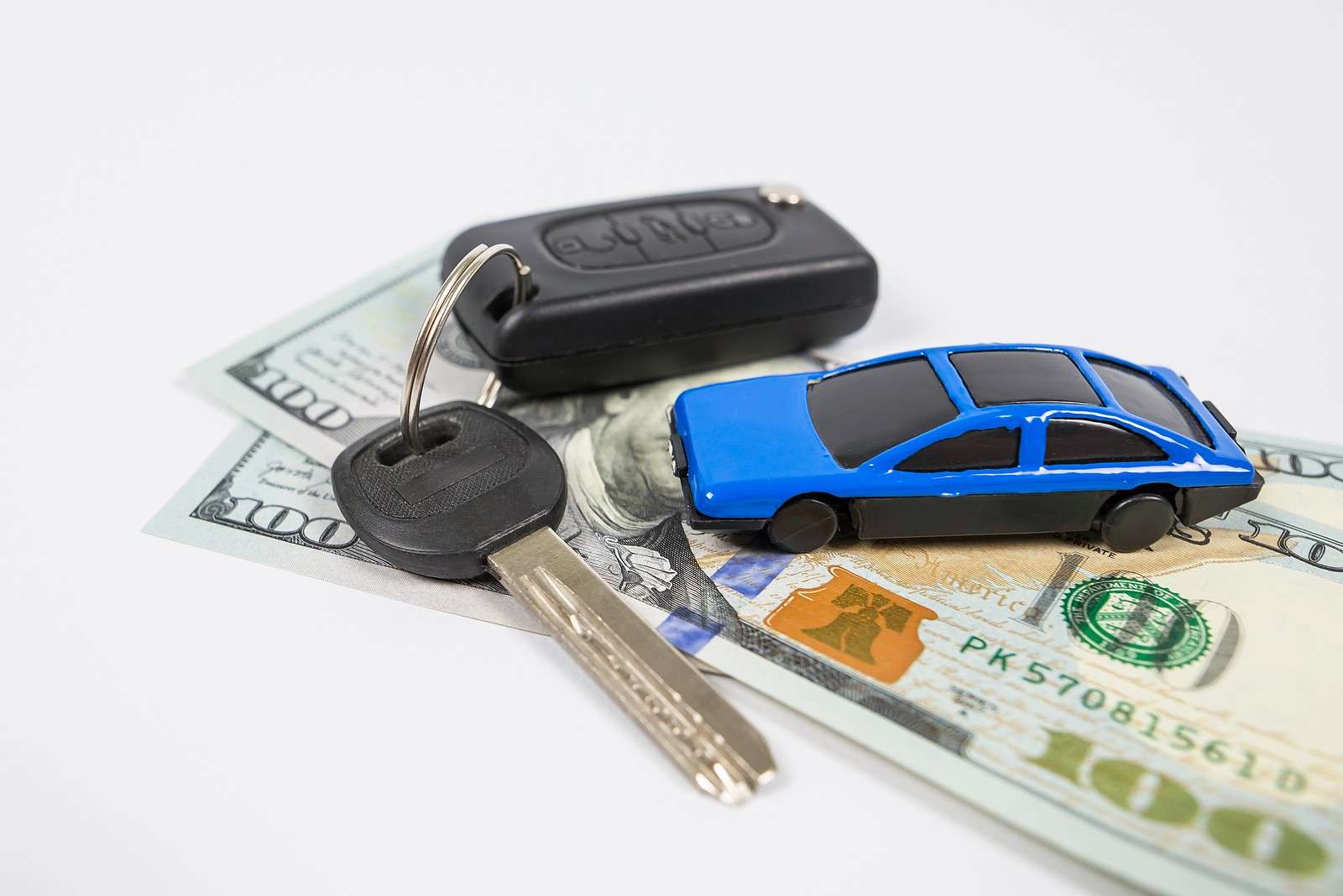
Final thoughts
Understanding whether your vehicle is getting old is very important to help you determine the perfect time for selling your vehicle and still achieving and getting the maximum offer.
This article helped you answer the question, when is a car considered old? It walked you through the main symptoms and signs, including mileage, age, maintenance, etcetera.
If you feel that your vehicle is getting old and you're worried that no one will accept it because it has some problems, Cash Cars Buyer can buy your car regardless of its type or condition.
At our company, we value every vehicle, even those very old. That's why if you are looking for more details and want to receive the maximum profit your vehicle can make in your region, we encourage you to call our team at 7737914363!
Get your instant offer today! It's free, and it's generated within 30 seconds only!

